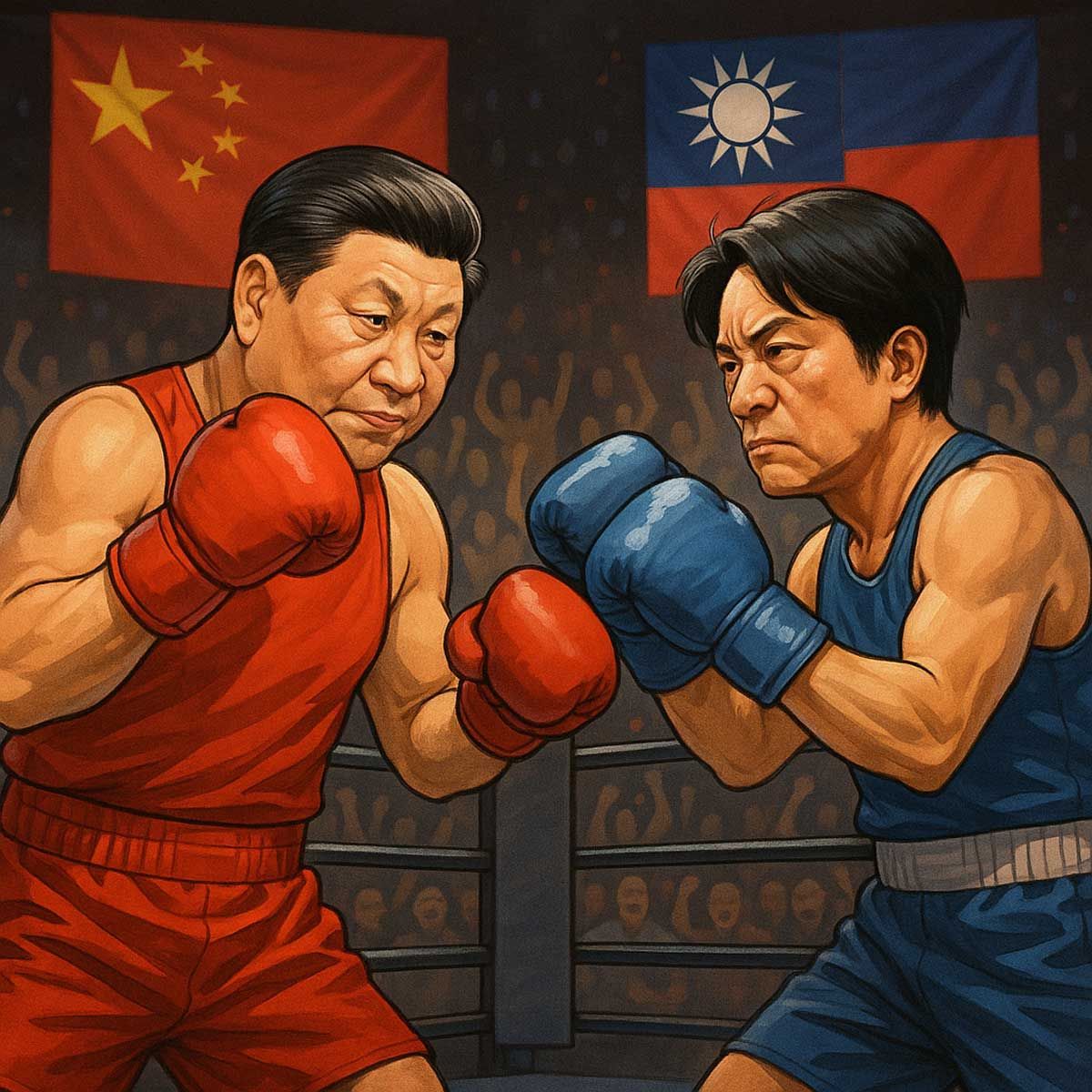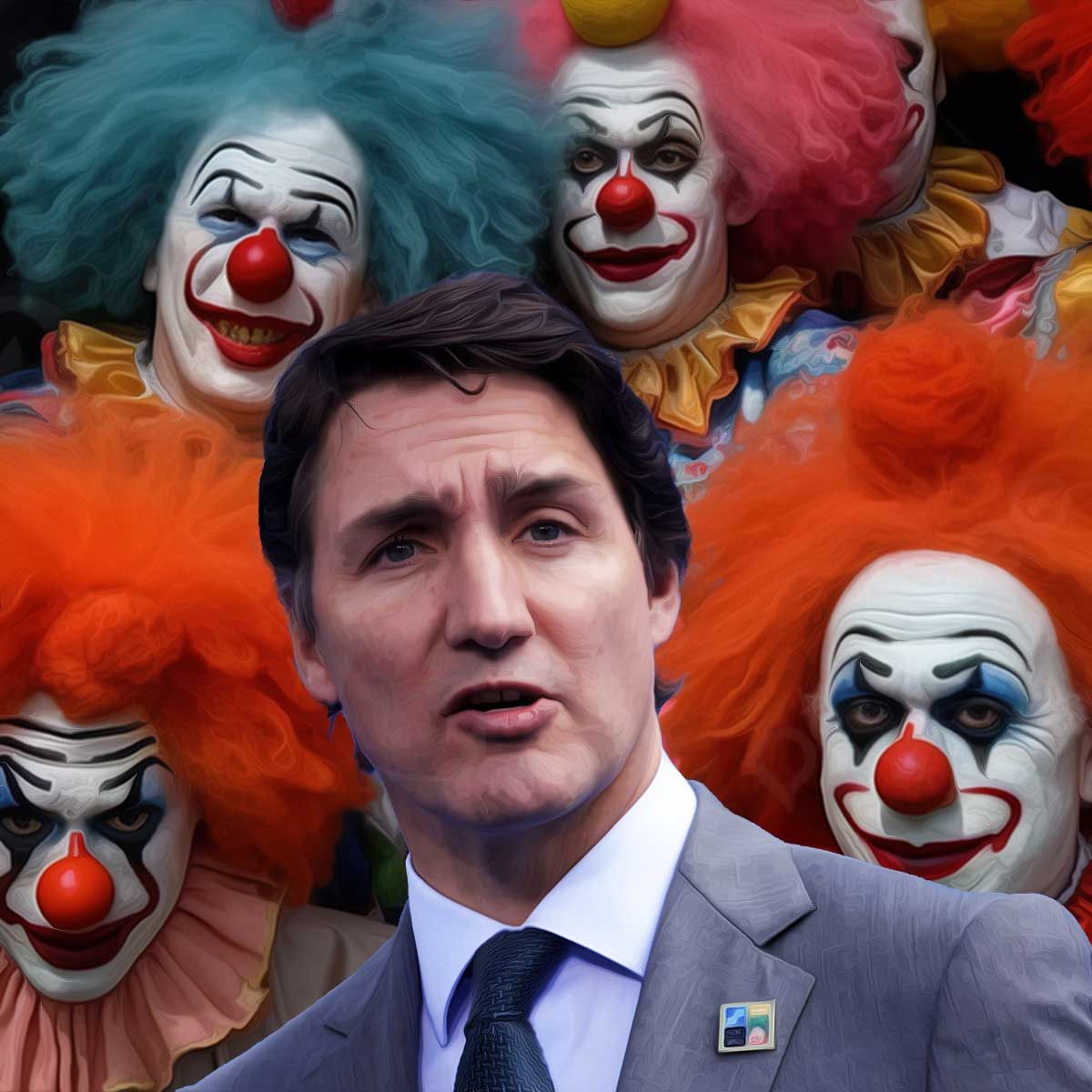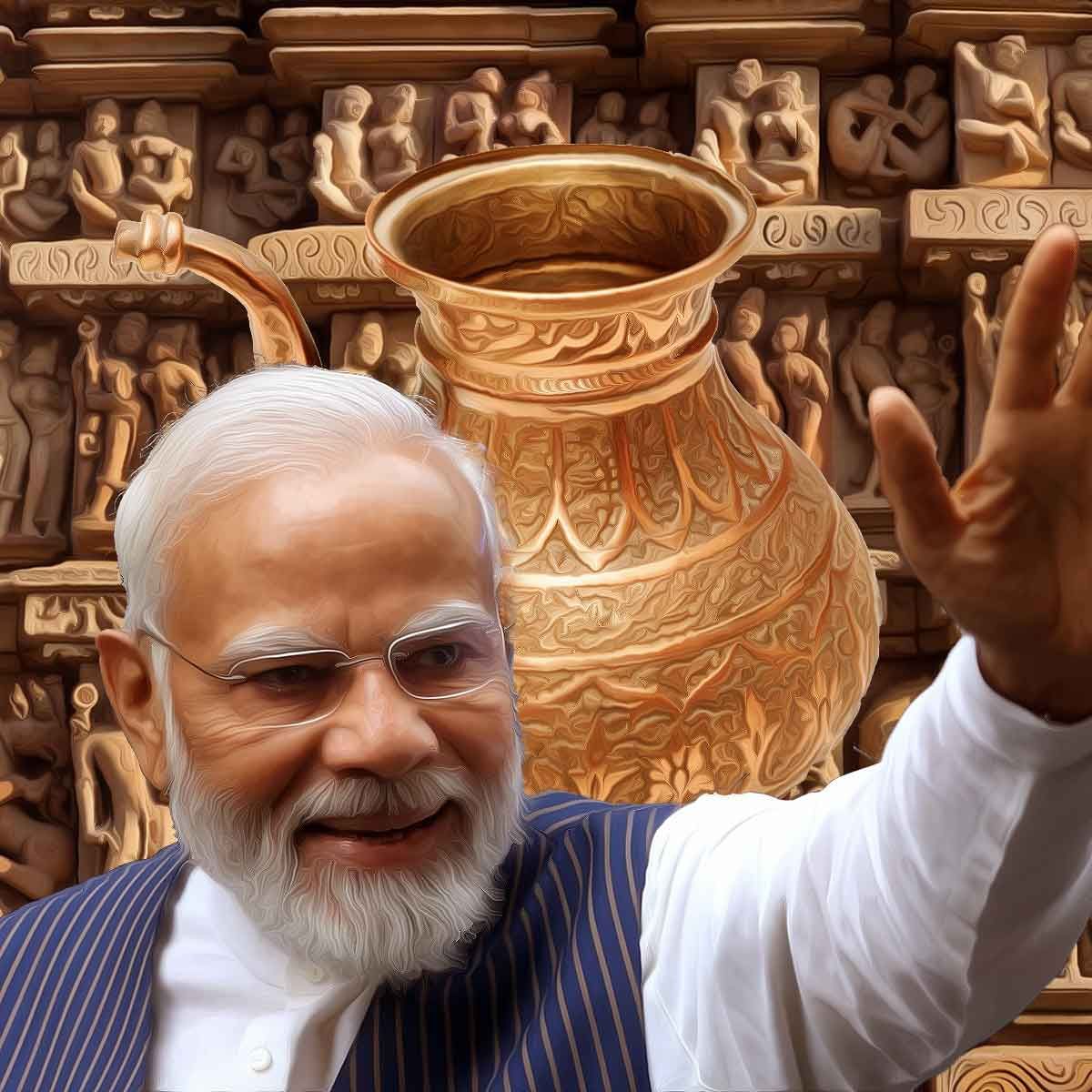MORE COVERAGE
Twitter Coverage
Satyaagrah
Written on
Satyaagrah
Written on
Satyaagrah
Written on
Satyaagrah
Written on
Satyaagrah
Written on
JOIN SATYAAGRAH SOCIAL MEDIA
Eighty years after World War II, Taiwan and China remain locked in a fierce battle of history, as Chiang Kai-shek and Mao Zedong’s legacies fuel today’s fight over Japan’s defeat, Taiwan’s sovereignty, and rising tensions across the Taiwan Strait

Eighty years have passed since World War II ended, yet the argument over who truly defeated Japan continues to divide China and Taiwan. This battle is not fought with armies anymore but with history books, commemorations, and political speeches. Both sides want to claim the honor of victory, making it a war of narratives. As Beijing prepares for its grand 80th Anniversary Parade, the debate has only become more intense across the Taiwan Strait.
At an event in Taipei, Taiwan’s capital, veteran Pan Cheng-fa shared his experiences from the war. Now 99 years old, he recalled how he fought for China against the Japanese. When asked about the role of the communists, who were then in a fragile alliance with the Republican government, his words were clear: “We gave them weapons, equipment – we strengthened them.” His statement reflects a sentiment held by many veterans—that the nationalists provided much of the strength in the fight, while the communists later took greater credit.
|
The long background of the China-Taiwan dispute
The roots of the China-Taiwan conflict go back to the late 19th century. In 1895, China’s Qing dynasty was defeated in the First Sino-Japanese War. Under the Treaty of Shimonoseki, Taiwan was ceded to Japan, marking the beginning of five decades of Japanese rule over the island. In 1911, a revolution in China overthrew the Qing dynasty, and by 1912 the Republic of China (ROC) was formally established.
But stability was short-lived. In 1927, civil war erupted when the Communist Party launched an uprising against the Republican government. Four years later, Japan seized Manchuria in northeast China, widening the crisis. By 1936, the situation became more complex when ROC leader Chiang Kai-shek was kidnapped by two of his own generals. They forced him to enter into an alliance with Mao Zedong’s communists, temporarily suspending the civil war to confront Japan together.
In 1937, Japan escalated its invasion to the rest of China, triggering one of the bloodiest chapters of the war. By 1943, the balance began shifting when U.S. President Franklin Roosevelt, British Prime Minister Winston Churchill, and Chiang Kai-shek signed the Cairo Declaration. This document promised that Taiwan would be “restored” to the Republic of China once Japan was defeated.
Japan’s eventual surrender in 1945 came through a combination of factors: the grinding resistance of Chinese forces, Japan’s strategic mistakes, and the decisive entry of the United States and other Allied powers. The Potsdam Declaration that year demanded Japan’s unconditional surrender and reaffirmed the Cairo Declaration.
After Japan’s defeat, Taiwan was handed back to the Republic of China. But peace within China was short-lived. By 1946, the truce between communists and republicans collapsed, and the civil war resumed. In 1947, frustration among the Taiwanese population led to a major uprising against the ROC government, but it was brutally suppressed. Finally, in 1949, after Mao Zedong’s communists won the civil war, Chiang Kai-shek fled to Taiwan. From there, the ROC continued to exist, while Mao declared the founding of the People’s Republic of China and vowed to one day “liberate” Taiwan.
|
Why Taiwan’s status remains unresolved even today
The sovereignty of Taiwan remains one of the most disputed and sensitive issues in modern East Asian history. In 1951, Japan signed the San Francisco Peace Treaty, formally renouncing all claims over Taiwan following its defeat in World War II. However, the treaty left the island’s sovereignty undefined, creating a problem that has remained unresolved ever since. Because the Chinese Communist Party (CCP) was not invited to participate in the treaty, Beijing has consistently dismissed it as “illegal and invalid.”
One year later, in 1952, Japan signed another peace treaty—this time directly with the Republic of China (ROC). The treaty reaffirmed Japan’s renunciation of Taiwan. The government in Taipei argues that this agreement proves that sovereignty over Taiwan was transferred to the Republic of China, not to the communists led by Mao Zedong. This legal interpretation continues to shape Taiwan’s position today. Decades later, both Beijing and Taipei still refuse to officially recognize each other, each insisting it represents the legitimate Chinese state.
|
Taiwan accuses CCP of rewriting history to claim victory
As the historical memory of World War II remains contested, Taiwan accuses the Chinese Communist Party of distorting facts to glorify its role. Veteran Pan Cheng-fa, recalling the Republican retreat to Taiwan after Mao’s rise, stated: “After Japan was taken down, (the communists’) next target was the Republic of China.” His testimony reflects a widespread belief that the communists quickly shifted their focus from fighting Japan to dismantling their rivals.
The CCP, however, continues to claim that it played the decisive role in defeating Japan. In contrast, historical documents show that the Republican government under Chiang Kai-shek carried the central responsibility. It was Chiang who signed the Cairo Declaration in 1943, which asserted China’s claim over Taiwan, and later the Potsdam Declaration in 1945, which reaffirmed the same.
On 15 August, the anniversary of Japan’s surrender, Taiwan’s top China-policy official, Chiu Chui-cheng, sharply criticized Beijing’s claims. He said: “During the Republic of China’s war of resistance against Japan, the People’s Republic of China did not even exist, but the Chinese communist regime has in recent years repeatedly distorted the facts, claiming it was the Communist Party who led the war of resistance.”
Chiu also argued that the Communist Party’s wartime strategy was “70% about strengthening themselves, 20% dealing with republican government and 10% about opposing Japan.” His remarks underline how Taiwan continues to dispute Beijing’s portrayal of history.
Both China and Taiwan commemorate Japan’s surrender day, but their ceremonies highlight contrasting narratives. In Taipei, the defence ministry held a concert featuring performers dressed as Republican-era soldiers, alongside images of the “Flying Tigers”—the American volunteer pilots who supported the ROC air force during the war. The ministry reinforced Taiwan’s view, declaring: “History affirms that the War of Resistance was led and won by the Republic of China.”
Unsurprisingly, this position angered the CCP. Beijing accused Taiwan of misrepresenting history, while the People’s Daily—the CCP’s main mouthpiece—warned that vigilance was needed against efforts to “distort and falsify the Chinese Communist Party’s role as the country’s backbone” in the fight against Japan.
The CCP maintains that Japan’s defeat was a collective victory, one that also included the Taiwanese people. It stresses that the 1945 surrender brought Taiwan back to China, after fifty years of Japanese colonial rule. Taiwan, however, insists that the surrender documents were signed by the ROC and its leader Chiang Kai-shek, not the CCP, which only established the People’s Republic of China in 1949. For Taiwan, this distinction is critical proof that the CCP cannot claim historical legitimacy over the island.
Today, this battle over history has acquired new urgency. As China expands its military power and signals possible invasion, Taiwan asserts that it will defend itself against any aggression. The intensifying rhetoric on both sides highlights how unresolved historical disputes are fueling present-day tensions. Unlike during the 1940s, however, the United States would not support the CCP in any future conflict. Instead, Washington is expected to side with Taiwan, raising the stakes of confrontation in the region.
 Support Us
Support Us
Satyagraha was born from the heart of our land, with an undying aim to unveil the true essence of Bharat. It seeks to illuminate the hidden tales of our valiant freedom fighters and the rich chronicles that haven't yet sung their complete melody in the mainstream.
While platforms like NDTV and 'The Wire' effortlessly garner funds under the banner of safeguarding democracy, we at Satyagraha walk a different path. Our strength and resonance come from you. In this journey to weave a stronger Bharat, every little contribution amplifies our voice. Let's come together, contribute as you can, and champion the true spirit of our nation.
 |  |  |
| ICICI Bank of Satyaagrah | Razorpay Bank of Satyaagrah | PayPal Bank of Satyaagrah - For International Payments |
If all above doesn't work, then try the LINK below:
Please share the article on other platforms
DISCLAIMER: The author is solely responsible for the views expressed in this article. The author carries the responsibility for citing and/or licensing of images utilized within the text. The website also frequently uses non-commercial images for representational purposes only in line with the article. We are not responsible for the authenticity of such images. If some images have a copyright issue, we request the person/entity to contact us at This email address is being protected from spambots. You need JavaScript enabled to view it. and we will take the necessary actions to resolve the issue.
Related Articles
- "Live in thy shame, but die not to shame with thee!": China claims that Biden’s White House is lying, Joe never brought up Genocide and Forced Labor with Xi Jinping - Now, who are you gonna trust? The Chinese Communist Party, or Lyin’ Joe Biden?
- "Unity in strategy, strength in partnership": Amid China's rising influence in the Indo-Pacific, Germany strengthens military relations with 'reliable' India, eyeing secure trade routes and strategic collaborations while stepping up military ties
- Nehru's Himalayan Blunders which costed India dearly - Pre-Independence
- "China faces a cheeky hiccup": Nigeria halts its dubious titanium escapade. While Ruitai Mining thought they were slick, Akwa Ibom's leadership wasn't having any of their shadowy antics. An assertive nudge for China in the global resource game!
- Trump blasts Fauci after release of Covid-19 emails, says it vindicates his ‘lab origin’ theory and demands China pay $10 Trillion
- Nepal marched from Mahendra Chowk to Bhatta Chowk protesting against excessive Chinese interference in country’s internal affairs: Burnt pictures of Chinese President Xi Jinping and raised slogans of ‘Go Back China'
- NSA Ajit Doval met top Chinese diplomat Wang Yi on the sidelines of the BRICS in Johannesburg, emphasized on the urgent need for cybersecurity measures against the intricate web of cybercriminals and terrorists in today's digitized world at the meeting
- "Spectacular achievement is always preceded by unspectacular preparation": Indian Army chief General Manoj Pande said that the army is ready to tackle any contingency along China border. Kept a strong defence posture at LAC", during Army Day speech
- India now demands full hardware, software, and source code checks on all CCTV cameras post-April 9, shaking Chinese giants like Hikvision and Xiaomi, as Delhi leads with 2.5 lakh cameras and the $7B market braces for strict cybersecurity enforcement
- "Manipulating minds, one tweet at a time": China cunningly exploits global social media, manipulating opinions through a web of deceit, Oxford Internet Institute exposesunchecked cyber onslaught, revealing China's ambitions to control global narratives
- Questioning the very idea of India as a ‘nation’, stoking sub-nationalism, and launching a tirade against the Modi government – Shehjada Rahul Gandhi’s new playbook of polarisation
- Group of Wuhan scientists have sounded alarm bells of a new variant ‘NeoCoV’ which is highly infectious and virulent, leading to the death of 1 in 3 patients if infected
- "Connectivity is power; India realizes it first": India takes the lead in the Himalayan railway race, outpacing China in connecting with Nepal, amid geopolitical intricacies, as the tracks extends, Nepal emerges as a crucial nexus in this Asian power play
- "Better a witty fool than a foolish wit": India's music composer Bappi Lahiri song "Jimmy Jimmy" has become the new anthem song for the Chinese to protest dreaded Covid lockdowns, in Mandarin "Jie MI Jie MI" means "Give me rice, Give me rice"
- Pakistan has repeatedly raised concerns about atrocities on Muslims anywhere in the world, but joined China in the exploitation of Uyghur Muslims in Xinjiang: China has done large investments in Pakistan

























